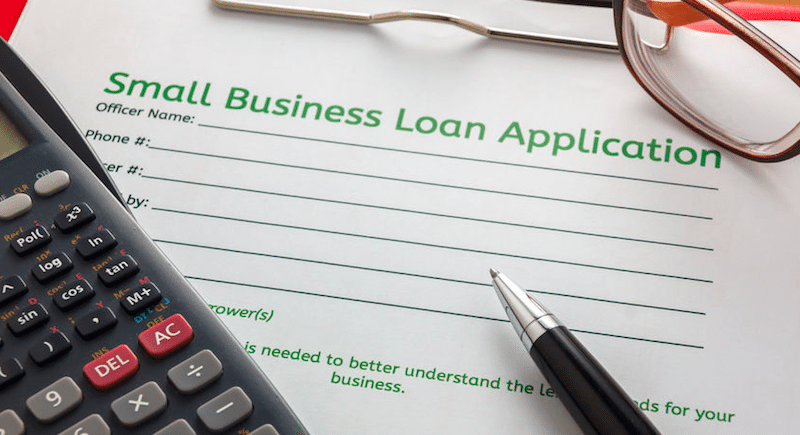There are plenty of financing options for startups, but which choice is the “right” one for you has as much to do with your history, goals and objectives as it does the small business loan or its loan products.
Here are a few tips to help you choose the right small business loan for your startup.
How much do you need for a small business loan?
Small business loan amounts vary significantly. For example, the U.S. Small Business Administration (SBA) says that, in the banking industry, the median small business loan is about $140,000, and typically not higher than $250,000.
SBA small business loans may be as little as $5,000 (called microloans), but can be as large as $5 million. Alternative small business lenders, on the other hand, may provide access to financing that’s less than $5,000, and up to $250,000.
Understanding how much you need to borrow can help you focus your search for the right loan, so invest your time and energy applying only with lenders who are interested in financing the size of loan you seek.
As the SBA explains, traditional financing institutions must invest the same amount of resources to underwrite large loans as they do smaller ones.
Because of this, some traditional lenders may not consider small business loans that involve only a few thousand dollars as profitable business they want to capture.
Related: 5 Benefits of a Short-Term Online Business Loan
When do you want access to loan funds?
Some small business loans are structured as installment loans. The small business owner completes the application for financing, and states a requested loan amount. If the loan is approved, financing is provided to the borrower in one lump sum. The business makes monthly payments in a fixed amount (plus applicable fees and interest rate charges) over several months or years until the loan is paid in full.
Other small business loans are structured as revolving lines of credit that can be accessed at any time. The business can choose how much and when to borrow — and in some cases, how aggressively it’s repaid. As the business makes payments on the loan, the available credit is replenished.
Why do you want to borrow?
Traditional lenders may require that businesses provide a detailed explanation of how they will use funds; loan approval is partially based on the lender’s perceived viability of that investment.
Alternative lenders, on the other hand, often let borrowers determine how they’ll use funds, which may include investing in businesses growth, or simply to make payroll during months clients are slow to pay.
How long have you been in business?
The Small Business Administration explains that most banks (and some credit unions) require that small business loan applicants have, at minimum, a positive personal and business credit history, projected financial statements, at least one year’s worth of cash flow projections and a business plan.
If you’re a startup, you may not be able to arrive at these projections. In this case, you may need to consider a small business loan from an alternative lender that doesn’t base lending decisions as heavily on credit history or years in business.
Related: Sign up to receive the StartupNation newsletter!
Do you have collateral to borrow against?
If you own equipment, inventory or the real estate your business is housed in, you may be able to use those assets as collateral to support your small business loan or line of credit. Likewise, many alternative lenders also consider future sales, or accounts receivables, as an asset a small business can borrow against. Keep this in mind, as loan decisions aren’t based solely on credit history, and may require documented proof of several years of financial performance.
When you need financing in order to fuel the growth of your business, you have plenty of loan options. Consider a few of these basic questions to ensure you pursue the right kinds of loans for your financing needs, and to simplify your small business loan search.






